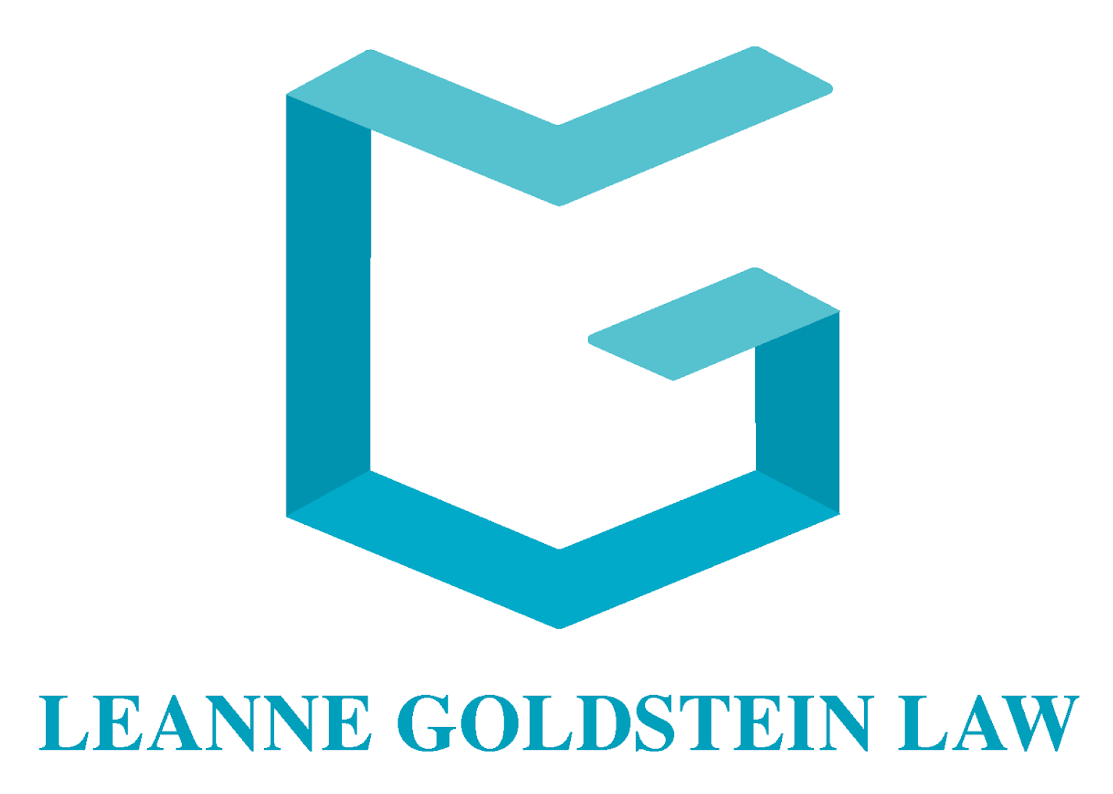Navigating the complexities of disability claims can be daunting, especially for individuals grappling with addiction and concurrent disorders. These conditions often pose unique challenges in the realm of disability law and insurance claims. This blog post aims to shed light on these challenges and provide guidance for those seeking to navigate the disability claims process with addiction and concurrent disorders.
Understanding Addiction and Concurrent Disorders
Defining the Issues: Addiction refers to a chronic dysfunction in the brain system that involves reward, motivation, and memory. It’s about how the body craves a substance or behavior, especially if it causes a compulsive or obsessive pursuit of “reward” and lack of concern over consequences. Concurrent disorders, or dual diagnosis, occur when an individual suffers from both addiction and other mental health conditions, that can include conditions such as depression or anxiety or PTSD.
Complexity in Disability Claims:. The interplay between addiction, mental health, and physical health can create a complicated picture that challenges traditional understandings of disability. It may be challenging to ascertain which conditions are causing disability and how they impact functionality.
Challenges in Disability Claims for Addiction and Concurrent Disorders
Stigma and Misunderstanding: One of the biggest challenges is the stigma surrounding addiction and mental health. There’s often a lack of understanding or empathy towards these conditions, which can result in unfair treatment during the claims process.
Proving Disability: Demonstrating how addiction and concurrent disorders impair an individual’s ability to work can be complex. It requires comprehensive medical evidence and often, expert testimony to illustrate the severity and impact of the conditions and how they interact.
Compliance with Treatment: Insurance providers typically require proof that the claimant is seeking and adhering to treatment. For addiction and concurrent disorders, this might include inpatient treatment, rehabilitation programs, counseling, or medication adherence.
Navigating the Claims Process
Gathering Comprehensive Documentation: Thorough and ongoing medical documentation is key. This includes medical records, treatment plans, and progress notes from healthcare providers who are treating both the addiction and any concurrent disorders.
Seeking Expert Opinions: Reports from psychiatrists, psychologists, and addiction specialists can provide the necessary insight into the claimant’s condition and its impact on their ability to work.
Legal Representation: Consulting with a lawyer who specializes in disability claims and in particular has experience with addiction and mental health claims can be crucial. They can help in advocating for the claimant’s rights, preparing the necessary documentation, and navigating the legal nuances of the claims process.
Legal Rights and Protections
Understanding Your Rights: Individuals with addiction and concurrent disorders are protected under disability laws from discrimination. This includes the right to fair consideration in disability claims and reasonable accommodation from employers.
Challenging Denials: If a claim is denied, it’s important to understand your right to appeal. A legal professional can assist in reviewing the denial, gathering additional evidence, and representing the case in appeal proceedings.
Supporting Recovery and Rehabilitation
Prioritizing Treatment: Effective management of addiction and concurrent disorders is paramount, not just for the sake of the disability claim but for the overall well-being of the individual.
Exploring Support Networks: Support groups, counseling services, and rehabilitation programs can provide essential support and resources for individuals dealing with these conditions.
Conclusion
Individuals struggling with addiction and concurrent disorders face unique challenges in the disability claims process. Understanding these challenges, obtaining comprehensive documentation, and seeking professional legal advice are key steps in navigating this complex landscape. By addressing these issues head-on and advocating for fair treatment, claimants can improve their chances of a successful outcome in their disability claims.
